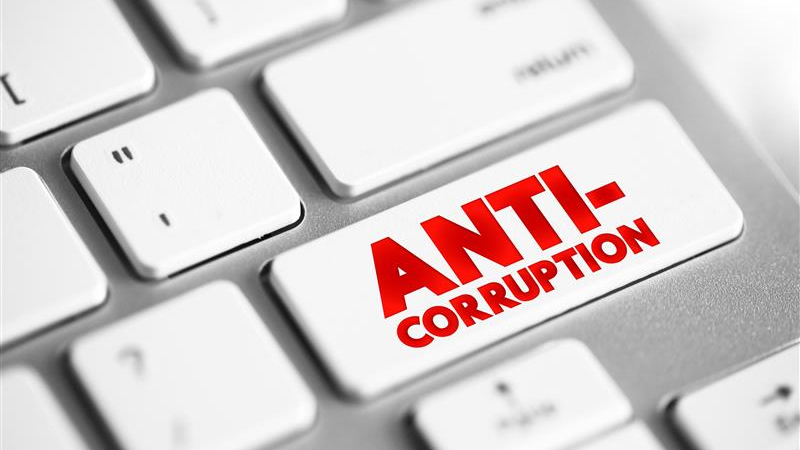
Before I deal with the topic for today, I would like to express disappointment that elections in Africa continue to be a source of strife instead of allowing citizens to elect a government of their choice. The election crisis that is plaguing Tanzania where scores of civilians are alleged to have been killed, is concerning.
The stage for this crisis was set by a government that has allegedly harassed opposition parties, making it difficult for opposition leaders to seek the public vote. This has angered the young people who seem ready to face the bullet than allowing the ruling party to impose its candidate. In Cameroon, a 92-year-old leader who can barely stand on his own has been pronounced winner after many years at the helm of leadership. This has triggered riots. Tensions in Uganda are also simmering as President Museveni seeks another term in office. Will Ugandans be allowed to freely decide? Will the opposition leaders avoid being terrorised?
It is interesting that the African Union and sub continental bodies like the Southern African Development Community (SADC), the Economic Community of West African State (ECOWAS) have instruments that guide democracy and monitoring of elections. The intergovernmental bodies deploy observer missions who seem more interested in per diems than in being effective in rooting out election mismanagement in Africa Is Africa cursed that after many years of independence, civil strife defines our continent? Why are ruling elites not allowing citizens to elect them or vote them out? Africans have suffered so much, as they are ravaged by poverty fuelled by unemployment, food insecurity and not allowed to elect a government of their choice, to mention a few.
Back to the topic for today, it has been reported that during the anti-corruption policy stakeholder’s validation meeting that the deputy director of public prosecution told stakeholders that the main challenge in fighting corruption in our country is impunity and manipulated justice. He further alleged that fear and intimidation had weakened the justice system.
He alleged that the Judiciary suffers from a ‘one man show’ problem. What Magagula said, I believe, did not come as a shock as trust in our Judiciary has over the years, been on serious decline. Years back, the then President of the Law Society Mkhwanazi, shocked the nation when he said justice in Eswatini was for sale. If I recall well, this statement was never challenged by the Judiciary. In a bid to clear its name, the Judiciary issued a hard hitting statement, stated that: “We note with dismay the scandalous and reckless submission made against the courts by certain participants on the October 29, 2025 at Sibane Hotel during the validation of the Draft National Anticorruption Policy.” The statement challenged the blame levelled at the courts. Yes, the Judiciary has a right to defend itself if it feels wrongly accused. The question in my mind is: ‘‘Will this public statement help to rebuild its image?’’ The reality is that the country has sunk to the lowest levels with regards to corruption. The problem has continued to haunt successive administrations, who all pledged to fight corruption, albeit without any tangible fruits. Sadly, emaSwati are paying with their lives as the corrupt continue to be protected. The Africa Barometer report noted the following: ‘‘Despite the existence of an Anti-Corruption Commission since 1998, Eswatini continues to perform poorly on global corruption measures, calling into question the effectiveness of the government’s anti-corruption efforts.
‘‘The country’s score on Transparency International’s (2023) Corruption Perceptions Index has dropped by 13 points since peaking at 43/100 in 2014. Similarly, last March, the country got a failing score on the Millennium Challenge Corporation’s (MCC) control-of-corruption indicator for the first time, making it ineligible for MCC grants (Nhlabatsi, 2023). In 2022, the Public Accounts Committee revealed to Parliament that since 2018, E7.4 billion (US$404.3 million) in public funds, about eight per cent of the national budget for the same period, had been lost through unauthorised expenditures by government ministries (Dlamini, 2022).’’
It is clear that it will not be fair to blame the Judiciary alone. We are all to blame for normalising an abnormal situation. The current government under the ‘nkwe!’ command, promised swift action. A task team was established where the prime minister promised the nation that the perpetrators will be brought to justice.
To date, nothing has materialised. Parliament too has not been forceful in demanding accountability from the Executive regarding its promise to bring to justice those who have been suspected of contributing to the health crisis. Civil Society Organisations including trade unions, non-governmental organisation, faith based organisations especially the Church, have also looked the other way, as corruption continues to undermine development and contribute to poor delivery of services.
- We must all hang our heads in shame because we have failed the next generation. The time to act is now!

Corruption continues to undermine development and contribute to poor delivery of services. (Pic: United Nations Development Programme)